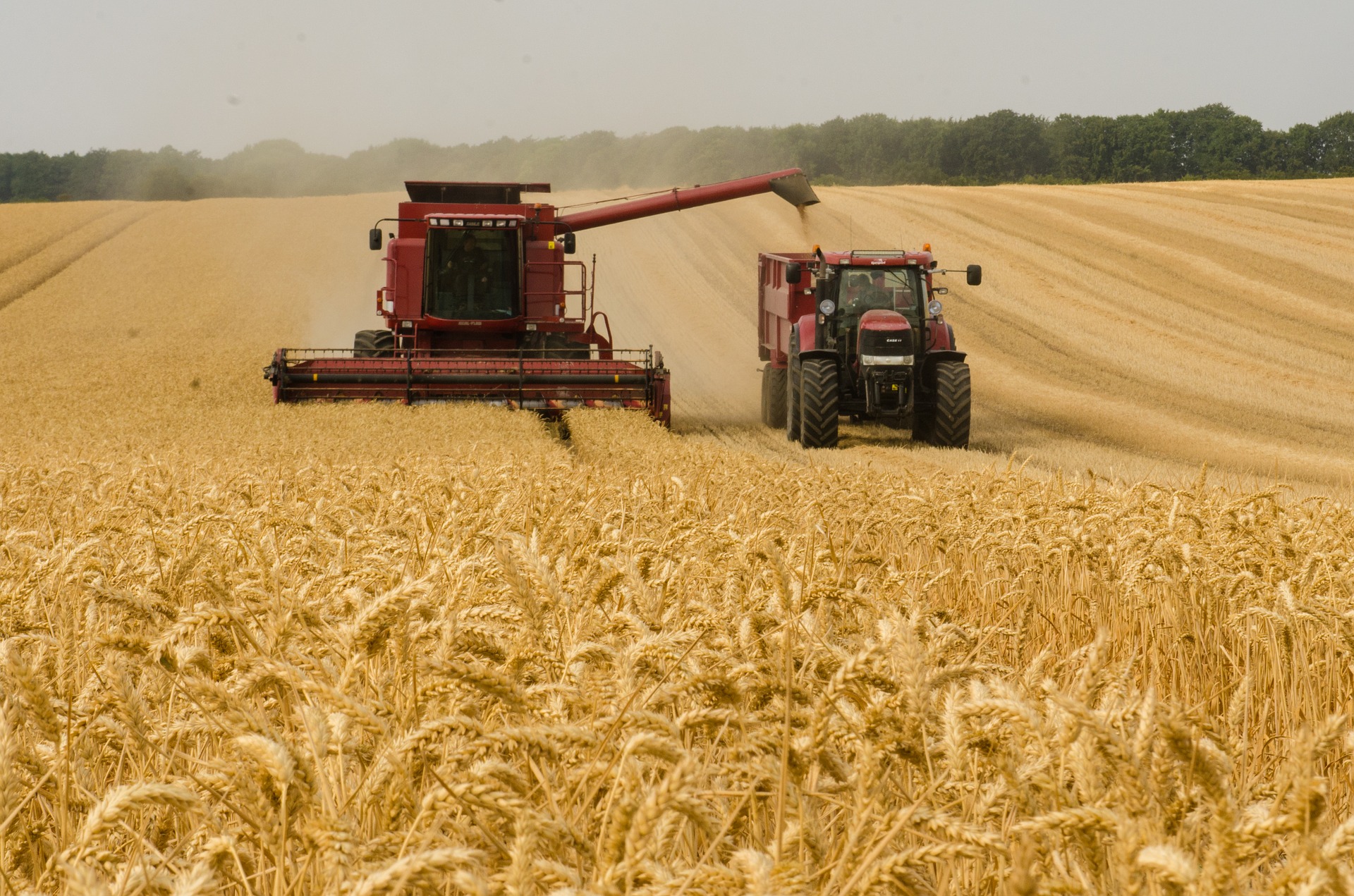FT: EU preparing 'emergency curbs' on Ukrainian grain imports for 5 member states
The European Union is preparing "emergency curbs" for five member states on Ukrainian grain imports, the Financial Times reported on April 20.
According to a senior EU official cited by FT, the measures being considered would temporarily suspend the import of Ukrainian grain, oilseeds, and other agricultural products until June into Poland, Hungary, Slovakia, Bulgaria, and Romania.
The measures would still allow for re-export to other EU member states or other parts of the world.
This would “immediately counteract” the difficult situation for producers of wheat, maize, oilseeds, and sunflower seeds, according to a letter by European Commission President Ursula von der Leyen to the leaders of the five countries.
Poland, Hungary, Slovakia, Bulgaria, and Romania would also receive 100 million Euros from EU funds to compensate farmers, FT wrote.
However, the EU will only take such actions "if governments drop their current measures," according to FT.
Poland, Hungary, Bulgaria, and Slovakia have all taken steps to suspend the import of Ukrainian grain and other products to protect their domestic markets.
Hungary broadened its ban on April 20 to include Ukrainian imports of honey and certain meat products in addition to grain, Reuters reported.
Ukrainian grain has been flooding the EU market since the start of Russia’s all-out war in February 2022, helped by the European Union waiving customs duties and import quotas to keep Ukraine's agricultural sector running.
A European Commission spokesperson said on April 16 that the bans were "unacceptable," adding that it was "crucial to coordinate and align all decisions within the EU" rather than unilaterally.
On April 16, Hungary announced that it had agreed not to block the transit of Ukrainian grain through its territory. Poland made a similar announcement that it had agreed to resume the transit of Ukrainian grain through its territory on April 18.
Meanwhile, Bulgaria's Agriculture Minister Yavor Gechev said on April 19 that Bulgaria expects a pan-European decision to be adopted on the "solidarity lanes," adding that if Brussels reacts quickly, the suspension could be lifted before the scheduled date.
The EU established "solidarity lanes" to help Ukraine export agricultural goods following Russia's full-scale invasion and the blockade of Ukrainian sea ports.











